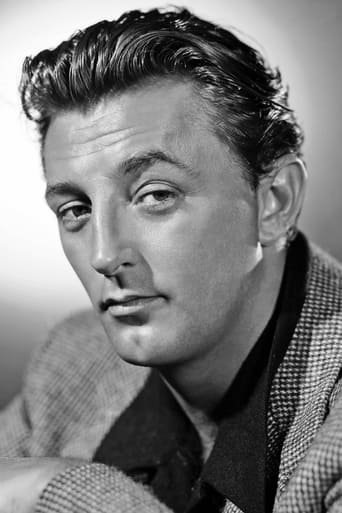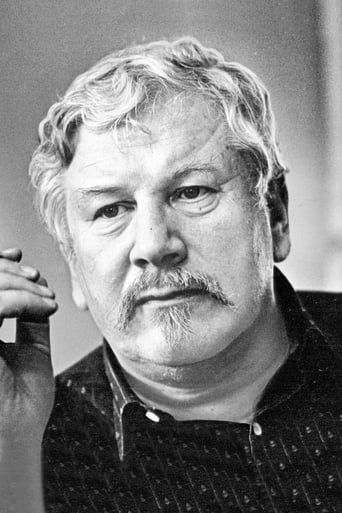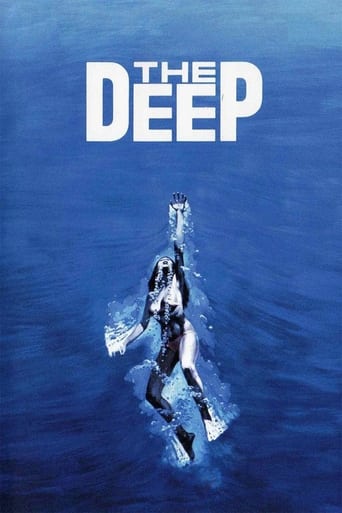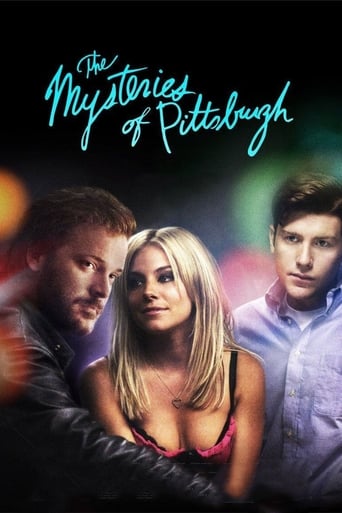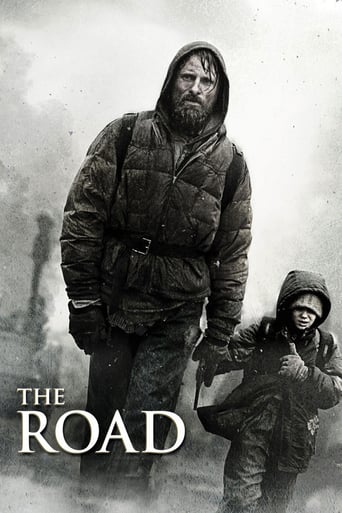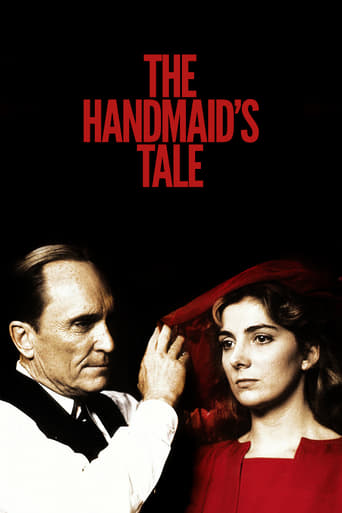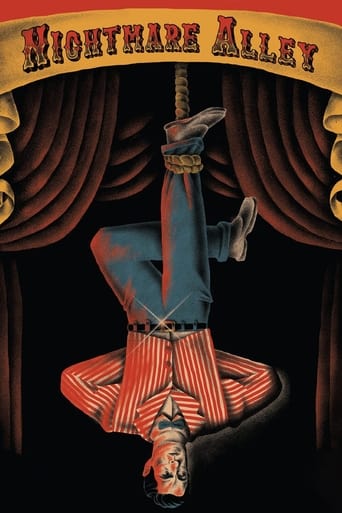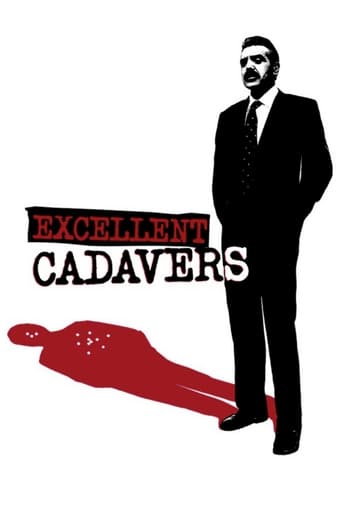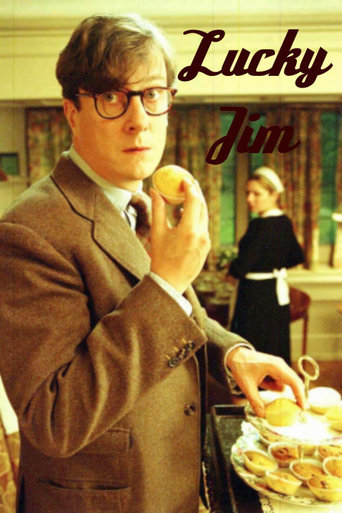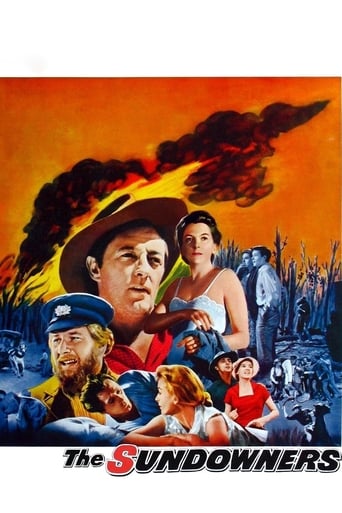
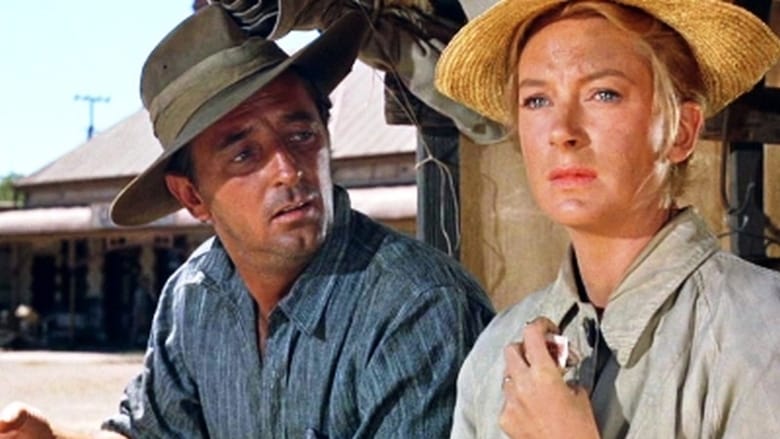
The Sundowners (1960)
In the Australian Outback, the Carmody family--Paddy, Ida, and their teenage son Sean--are sheep drovers, always on the move. Ida and Sean want to settle down and buy a farm. Paddy wants to keep moving. A sheep-shearing contest, the birth of a child, drinking, gambling, and a racehorse will all have a part in the final decision.
Watch Trailer
Cast
Similar titles
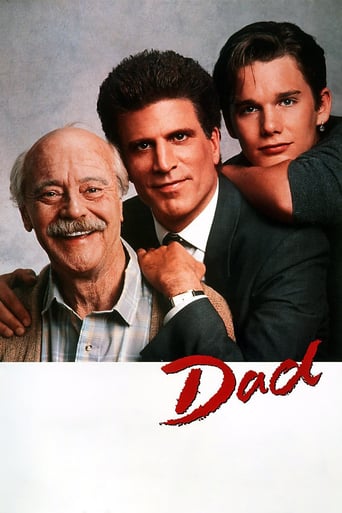
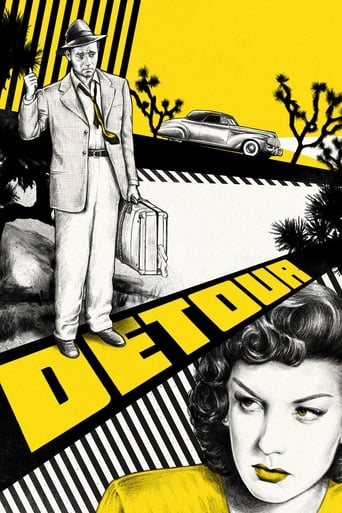
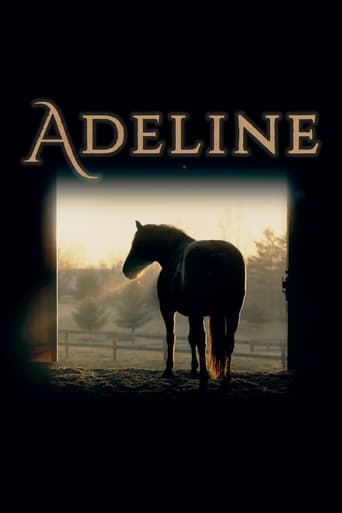
Reviews
The performances transcend the film's tropes, grounding it in characters that feel more complete than this subgenre often produces.
Wow! What a bizarre film! Unfortunately the few funny moments there were were quite overshadowed by it's completely weird and random vibe throughout.
This is a coming of age storyline that you've seen in one form or another for decades. It takes a truly unique voice to make yet another one worth watching.
There are moments in this movie where the great movie it could've been peek out... They're fleeting, here, but they're worth savoring, and they happen often enough to make it worth your while.
I recently watched Heaven Knows Mr Allison and Kerr and Mitchum made a great team. They were reunited three years later for this Australian family adventure. My taste in movies is usually of the more vicious type of film, such as Pulp Fiction or Reservoir Dogs, and so The Sundowners is strange departure for me. I normally despise Pollyanna styled story lines but I am such an admirer of Robert Mitchum that I gave this one a shot. I was not disappointed in the least as the usually bad tempered actor plays a man prone to wandering with his wife and son throughout Australia's outback and working transient jobs, including one as a sheep shearer. He shows perfect comedic timing and Kerr is excellent as his long suffering wife. Peter Ustinov and Glynis Johns add even more substance to an awesome cast. I have added this film to my favorite of Mitchum,s, along with Cape Fear and Night of the Hunter.
Not a bad storyline for this picture, but nothing puts me off like a bunch of Hollywood stars trying to put on the Aussie accent, a hard job for anyone not born or brought up here. Such attempts usually fail dismally and this is no exception. Peter Ustinov, Ronald Fraser and Glynis Johns seem to be the only ones who don't attempt it, and I take my hat off to them for not doing so - they obviously knew their limitations. Notably, you can hear Robert Mitchum often starting to fall back into his familiar American lilt and you wish that he would just start talking normally. He should not have bothered making the attempt to imitate our laconic drawl as he's just not up to it. I would have enjoyed this movie more if the overseas imports had stuck to their own ways of talking, and it still would have worked - many overseas people came to Oz in generations past to make a new life, so the American drawl and the Pommy rounded vowels would not have been out of place at all. Thankfully, there are some genuine Aussie stalwarts such as the great Chips Rafferty holding up the realism of our speech, so all is not completely lost. The rest of this picture is reasonable enough with a decent depiction of outback life the way it used to be, and what the mob of shearers get up to from day to day is pretty typical of what really went on before the advent of the mobile phone and the portable computer. There are even, typically, moments of a comical air from Mr Ustinov. This picture is light viewing and not hard to watch at all. A few marks off for the silly accents, but otherwise this is an enjoyable family movie. Here are a few translations for you poor bastards who aren't Aussies and don't know what's being talked about in this movie: "Darl" - short for darling; "Dingo" - Aussie native dog. They hunt in packs but aren't worth two bob, (are cowards), if confronted on their own; "Jumbuck" or "Wooly Jumper" - a sheep; "Two-up" - a traditional Aussie gambling game.
The lives of migrant laborers in early-20th century Australia are displayed with great thoughtfulness and care. The case for settling down and the case for remaining itinerant each have their appeal and their risks. The husband and wife at the center of the movie, portrayed by two of the best actors of the day, Robert Mitchum and Deborah Kerr, often disagree over these issues. Yet they do not shout at or belittle each other as so many film couples would in their place; instead, their shared experiences and mutual willingness to compromise have created a strong bond between them despite their different worldviews and aspirations. Their equal, loving partnership makes it easy for the audience to sympathize with both of their perspectives and to root for a conclusion that will satisfy them both. This is a beautiful, historically- and emotionally-intelligent movie with a top-shelf cast that includes Peter Ustinov, whose voice instantly brightens my day.
Mild-mannered dramas such as this have never been too common, not just because commerce-savvy producers don't like to gamble on them, but also because they are tough to get right. In the late 50s and 60s however director Fred Zinnemann was making a fair few of them, and gaining respect within the industry as he did so. He is perhaps the only Hollywood filmmaker of any generation who could really thrive on this kind of picture. But what really determined whether a Zinnemann picture was going to be a success or a failure was the suitability of the cast.What pictures like this don't need is the passionate, dedicated acting of the young "method" followers - too much power and presence. But neither do they need the likability and restraint of, say, James Stewart or Gary Cooper - not real enough for this world. No, a picture like this is only suited to players who strike that balance between expressiveness and believability. So thank goodness we have Deborah Kerr and Robert Mitchum, performers do not claim to become their characters, but simply play them with sincerity. And thank goodness for Peter Ustinov and Glynis Johns - animated eccentrics, but in a way that seems natural, so you could almost believe they were well-meaning members of the public who wandered onto the set and were given a job out of sympathy. These people are not likable in the manner of familiar screen personalities, but they are likable in the way that real people in our lives could be, and it is this factor that gives their fairly mundane story its appeal.The 1950s had seen Zinnemann's transition from extrovert expressionist to sensitive impressionist. Rather than roughly forcing us to take on the protagonists point-of-view with subjective camera angles and mood-based lighting schemes, he now gently encourages us to see the world the way the characters do. He begins the Sundowners by immersing us in the beauty and harmony of the outdoors, with tiny patterns of movement that are common to almost all of his pictures - trees standing proud in a caressing breeze, horses idly flicking their tails. He devotes an unusual amount of time to shots irrelevant to the narrative, taking time to admire the beauty of a scene or follow creatures scurrying through the bush. This broad focus gives us the feeling that the Carmodys are simply a part of this environment. In the outdoor scenes there are a great deal of pans and sideways tracking shots, keeping up the feel of people always on the move. And some of these are fantastically well-timed, such as the sharp pan as Robert pulls up just after Kerr has been watching a well-to-do woman applying makeup.But even the most mild-mannered drama cannot exist without some conflict. The conflict in the Sundowners is never the subject of a major scene or confrontation; it is played out in quiet, by-the-way moments, and mostly upon the face of Deborah Kerr. Although she and Mitchum are both leads, and in fact Mitchum probably has the more lines and screen time, Kerr's character is at the dramatic heart of the story. Scenes like the fistfight or the sheep-shearing contest are simply diversions - it is Ida's frustration at being torn between loyalty to her husband and her own desire to settle down and have a real home that really drives the plot forward. Isobel Lennart's screenplay cleverly hides her struggle in amongst all the scenes of humour and warmth so as not to unbalance the overall feel of the picture. And Zinnemann is smart enough to draw this strand of the story out, treating Kerr to close-ups at key moments, keeping her held in unbroken takes in the rare moments of stillness. Most of all however we have Kerr's own performance, a little against type but probably closer to the woman she was in real life. In keeping with the character, her words and movements are simply getting on with the business of living, and yet she provides a subtle commentary on proceedings with her face. It is her contribution more than anyone else's that brings together the two threads of the Sundowners - the straightforward depiction of life as it happens and a direct and involving emotional honesty.

